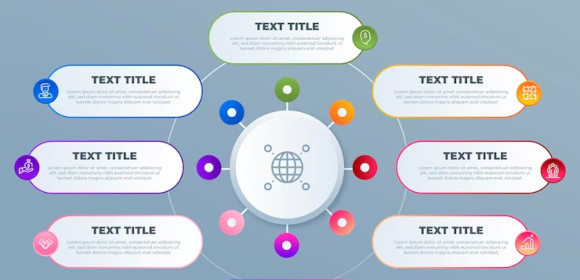Concept Map Examples to Download
Concept Map is a graphical tool that helps to organize and represent knowledge in a structured way. It allows you to visually link ideas, concepts, and information to form a meaningful and coherent representation of a topic. Whether you’re studying for an exam, planning a project, or organizing your thoughts, a concept map can help you to see the connections between different pieces of information and to understand complex ideas.
bb_toc content=”][/bb_toc]
1. Photosynthesis Concept Map Template
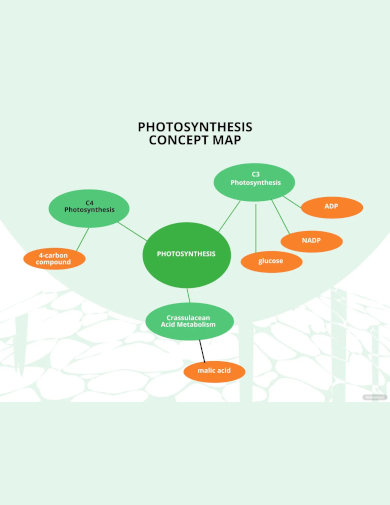
2. Chemistry Concept Map Template
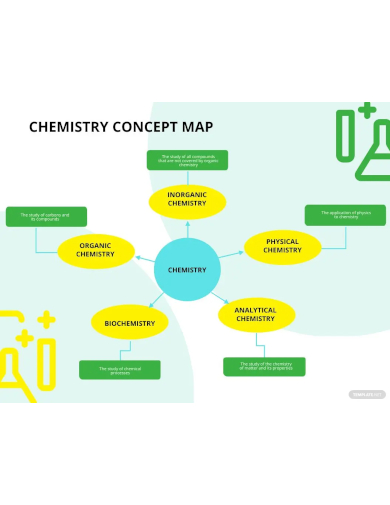
3. Nursing Concept Map Template
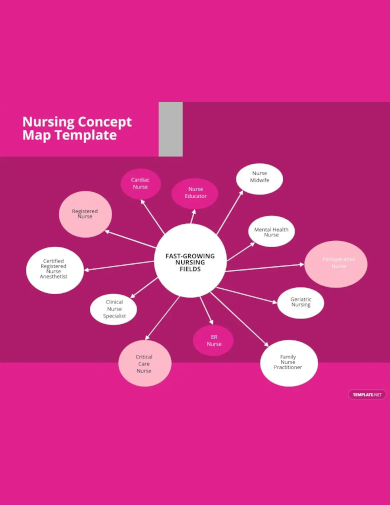
4. Math Concept Map Template
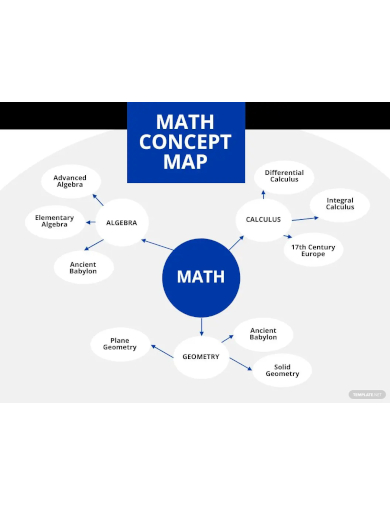
5. Design Concept Map Template
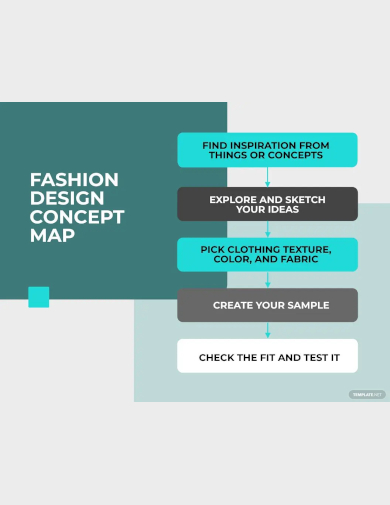
6. Concept Maps in Education
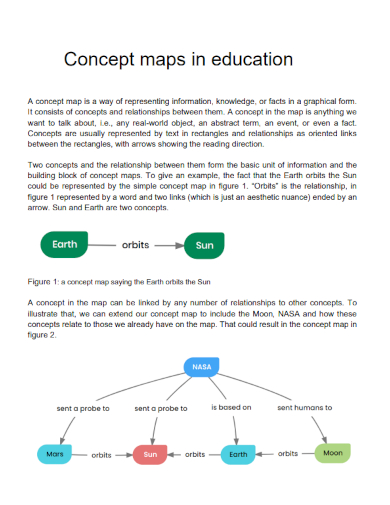
irp.com
7. Concept Maps in Early Childhood
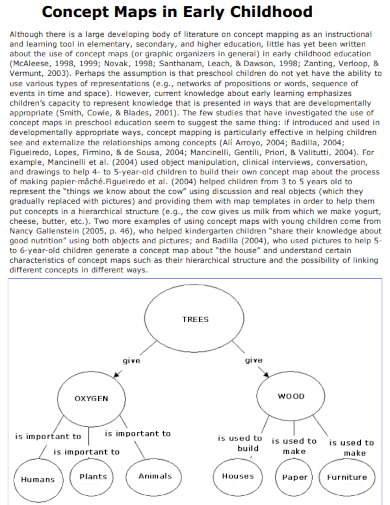
eric.ed.gov
8. Concept Maps & Technology
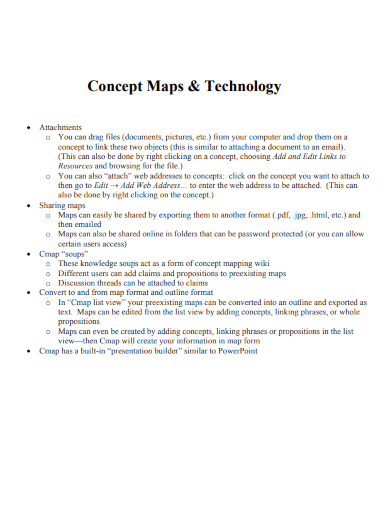
teach.its.uiowa.edu
9. Basic Concept Mapping
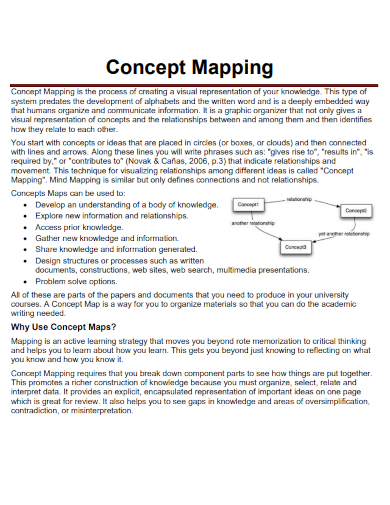
kpu.ca
10. Concept Map for Assessment
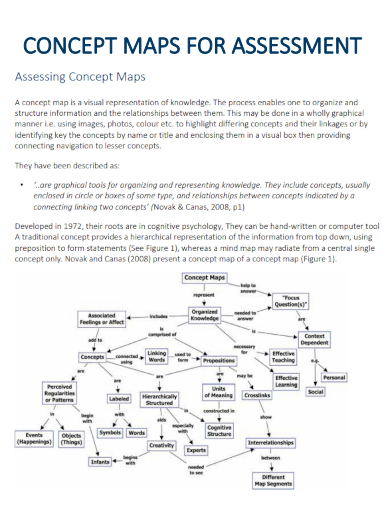
ucd.ie
11. Active Learning Concept Maps
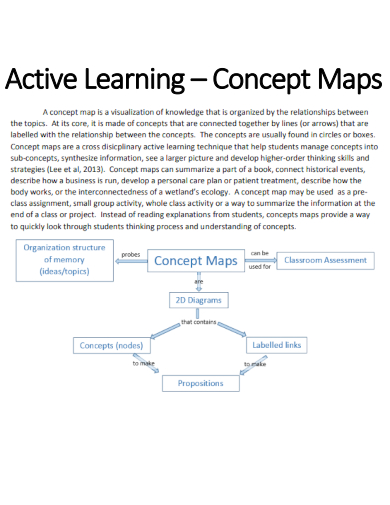
kent.edu
12. Facilitate a Concept Map
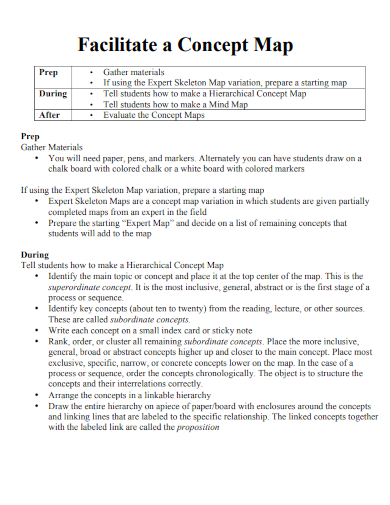
ablconnect.edu
13. Automatic Creation of Concept Map
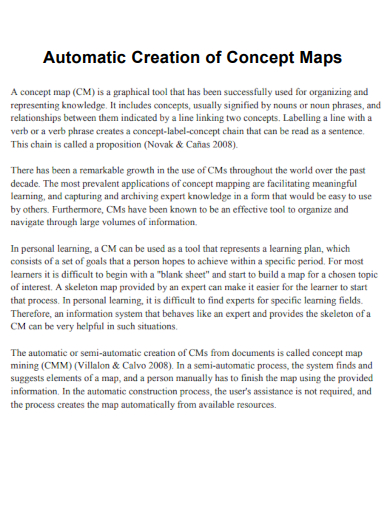
arxiv.org
14. Concept Maps in Math Teaching
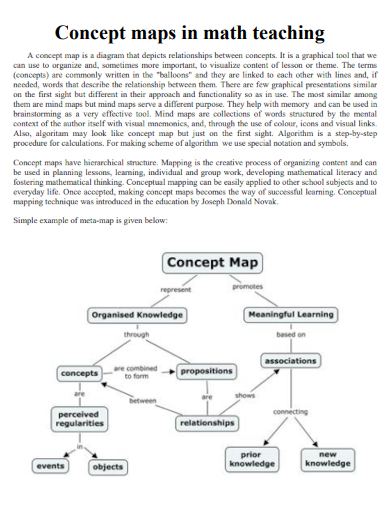
mi.sanu.ac.rs
15. Concept Mapping in Nursing Education
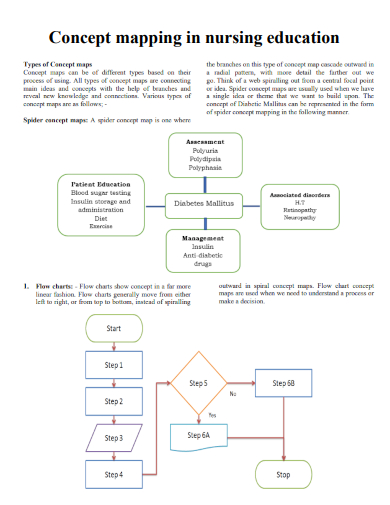
nursingjournal.net
16. Adaptive Concept Map
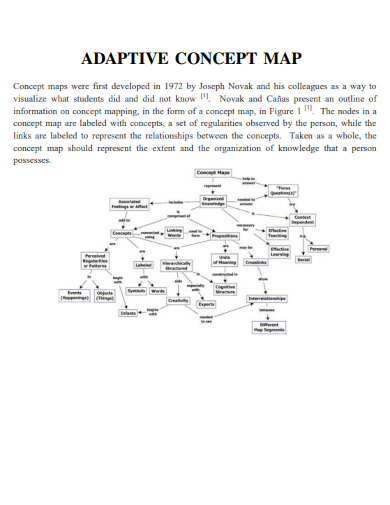
peer.asee.org
17. Strategy of Concept Mapping
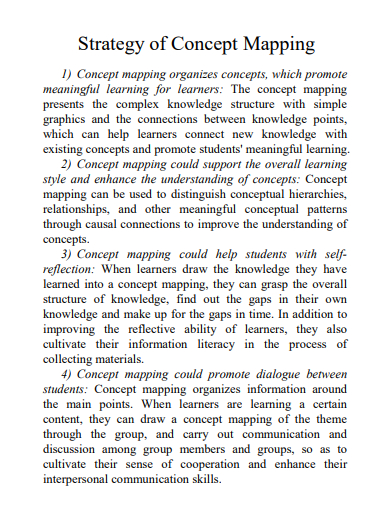
atlantis.com
18. Generating Concept Map Exercises
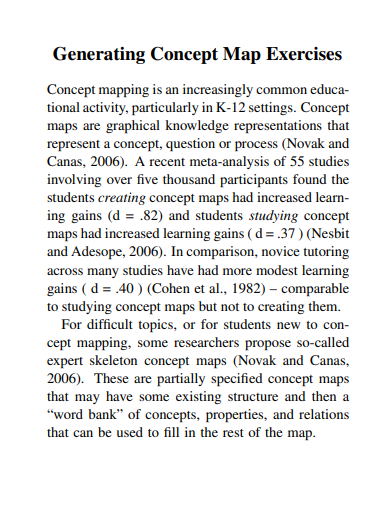
aclanthology.org
19. Concept Map as Complementary Tools
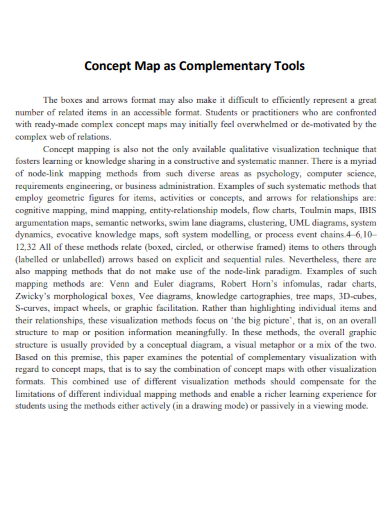
incose.org
20. Concept Mapping in Problem Based Learning
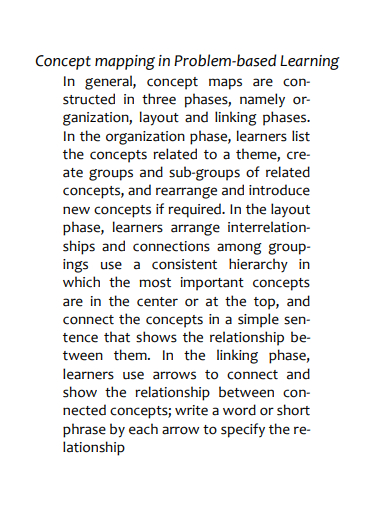
ekb.eg
What is a Concept Map
A concept map, also known as a mind map, is a visual representation of information that helps to organize ideas and concepts in a meaningful way. It is a tool that can be used to identify and connect different pieces of information, explore relationships between them, and gain a deeper understanding of the topic being studied. Concept maps can be used for a wide range of purposes, from note-taking to planning and problem-solving.
How to Create a Concept Map
Step 1: Central Idea
Start by identifying the central idea or concept that you want to explore. Write this central idea in the center of a blank page or digital canvas.
Step 2: Brainstorm
Brainstorm different ideas, concepts, and information related to the central idea. Write these ideas and concepts down in separate bubbles around the central idea.
Step 3: Connect the bubbles
Connect the bubbles using lines or arrows to show the relationships between the ideas and concepts.
Use different colors, symbols, and images to make the concept map more visually engaging and memorable.
Step 4: Refine and Add
Keep refining and adding to the concept map as you learn more about the topic.
FAQs
What is the difference between a concept map and a mind map?
A concept map and a mind map are both visual tools for organizing information, but they have some key differences. A concept map is more focused on the relationships between concepts and ideas, while a mind map is more focused on the associations and connections between words and ideas.
What are some common uses of concept maps?
Concept maps can be used for a variety of purposes, including note-taking, brainstorming, planning, problem-solving, and studying. They can be used in educational settings to help students understand complex topics, in business settings to plan projects and presentations, and in personal settings to organize thoughts and ideas.
Are there any tips for creating an effective concept map?
Some tips for creating an effective concept map include starting with a clear main idea, using concise and descriptive labels, organizing concepts in a logical order, and using visual elements like colors and symbols to enhance the map’s readability and impact.
In conclusion, a concept map is a versatile and valuable tool for organizing and connecting ideas and information. Whether you’re a student, professional, or simply someone who wants to gain a better understanding of a topic, a well-designed concept map can be an effective way to achieve that goal. By following the step-by-step guide and tips outlined above, you can create your own concept map and explore the relationships between different ideas and concepts. Whether you’re using it for a text structure analysis, a project case study, planning calendar examples, or a virtual event concept note, a concept map can help you to think more critically, make more informed decisions, and communicate your ideas more effectively.


